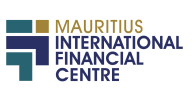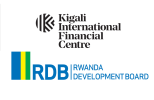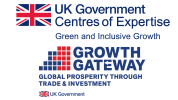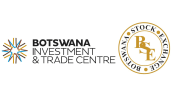Challenges and Rewards of African Investments
Investing in Africa presents a unique blend of challenges and rewards. The continent’s vast potential is matched by its complexity.
From a growing consumer market to a youthful, dynamic workforce, Africa offers numerous opportunities. Yet, political instability and regulatory hurdles can pose significant risks.
This article aims to provide a balanced view of African investments. It explores various sectors, geopolitical influences, and economic trends.
Whether you’re a potential investor, a business professional, or simply interested in international finance, this piece offers valuable insights. Dive in to understand the intricacies of investing in Africa.
Understanding the African Investment Landscape
Africa’s investment landscape is diverse and dynamic. It’s shaped by factors such as a growing consumer market, a youthful population, and infrastructure development.
However, it’s also influenced by challenges like political instability, regulatory issues, and currency volatility. Understanding these elements is crucial for successful investment strategies.
Key Challenges in Investing in Africa
Investing in Africa comes with its unique set of challenges. Political instability in some regions can pose significant risks. This can lead to regulatory changes that affect investment returns.
Currency volatility is another concern. Fluctuations in local currencies can impact the value of investments.
Investors also need to navigate the complexities of local cultures and business practices. These can vary widely across the continent.
Key challenges include:
- Political instability and regulatory changes
- Currency volatility
- Understanding local cultures and business practices
- Access to finance for local entrepreneurs
- The impact of COVID-19 on African economies
- The potential impact of climate change on investment sectors
- The need for sustainable investment practices.
The Rewards of African Investments
Despite the challenges, investing in Africa can offer significant rewards. The continent’s growing consumer market and youthful population present a dynamic workforce and potential for innovation.
Infrastructure development, especially in the technology and renewable energy sectors, offers numerous investment opportunities. The rise of e-commerce and the vibrant startup ecosystem are creating new avenues for investment.
Moreover, the African Continental Free Trade Area (AfCFTA) could create a single market for goods and services. This could further boost the continent’s attractiveness to investors.
Property Investment in South Africa: A Case Study
South Africa’s real estate market is a popular choice for investors. It offers a diverse range of opportunities in commercial, industrial, and residential properties.
The market’s relative stability compared to other African countries makes it an attractive option. However, understanding local market dynamics is crucial for success.
The Geopolitical Chess Game: China and USA in Africa
China’s Belt and Road Initiative has significantly increased its investment in Africa. This has led to a surge in infrastructure development across the continent.
In response, the USA has launched various initiatives to counterbalance China’s influence. This geopolitical struggle impacts the risk assessment for potential investors.
Conclusion: Weighing the Risks Against the Potential
Investing in Africa presents both challenges and rewards. Political instability, regulatory hurdles, and currency volatility are among the risks to consider.
However, the potential rewards are significant. A growing consumer market, a dynamic workforce, and expanding sectors like technology and renewable energy offer numerous opportunities.
In conclusion, successful investment in Africa requires understanding the landscape, partnering with local businesses, and considering the geopolitical influences. With due diligence and sustainable practices, the rewards can outweigh the risks.













































